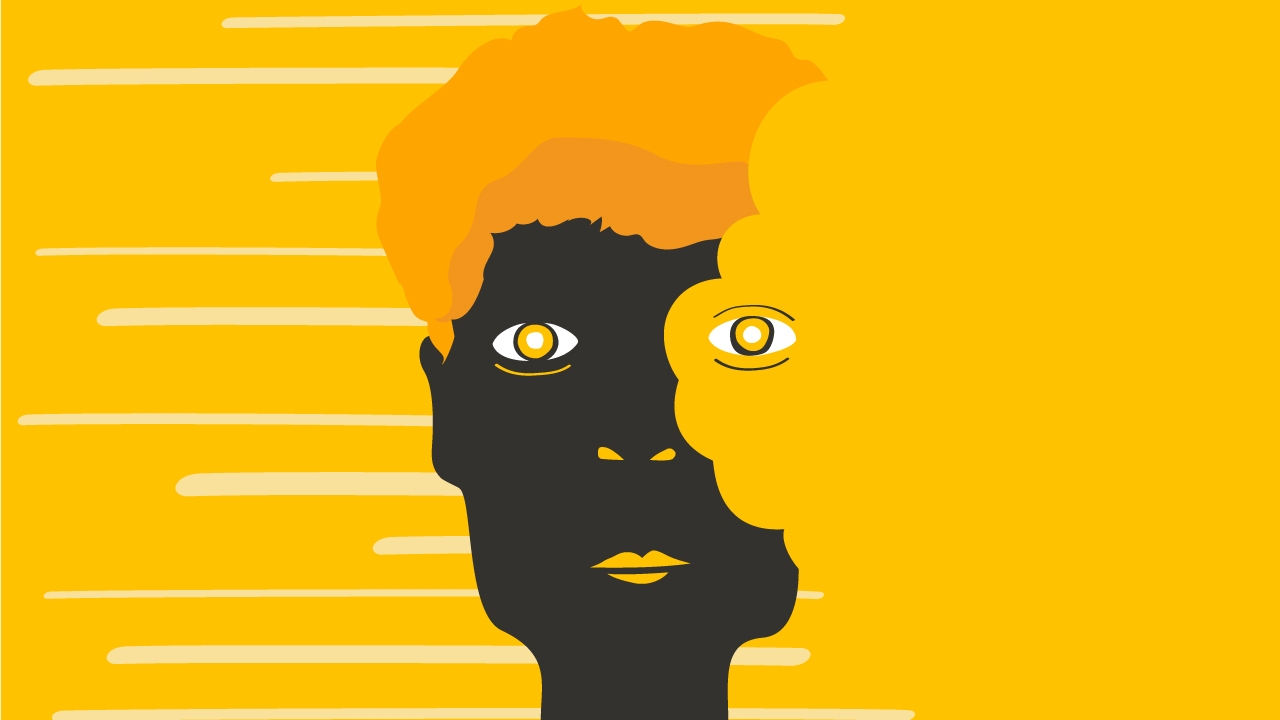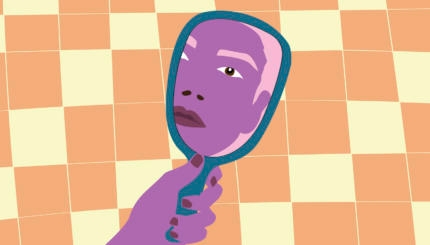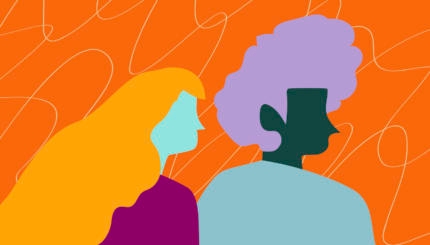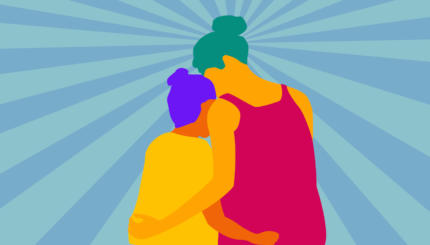Eva Mozes Kor was just 10 years old when she, her twin sister, her two older sisters and their parents were transported from their small Romanian village to the Nazi death complex Auschwitz-Birkenau.
Dr. Josef Mengele conducted human experiments on approximately 1,500 sets of twins — among them, Eva and her twin, Miriam. The young girls were subjected to tests six days a week. On Monday, Wednesday and Friday, they were taken, alongside 50 to 100 other pairs of twins, to a freezing room where, naked, every part of their body was measured and compared to that of their twin. On Tuesday, Thursday and Saturday, blood was taken from the twins’ left arm, while substances were injected into their right arm.
When an injection caused one of Eva’s limbs to swell, and resulted in a rash all over her body and a high fever, she was taken to the hospital barracks. There, she she saw other patients who seemed more dead than alive, and she saw the corpses of dead children on the latrine floor. Falling in and out of consciousness, Eva promised herself that she would be reunited with Miriam. After two weeks her fever broke and she was returned to the regular barracks and her twin.
Had Eva died, Mengele would have killed Miriam with an injection to the heart and conducted comparative autopsies, they later learned.

Help us keep Jewish knowledge accessible to millions of people around the world.
Your donation to My Jewish Learning fuels endless journeys of Jewish discovery. With your help, My Jewish Learning can continue to provide nonstop opportunities for learning, connection and growth.
In January 1945 Eva and Miriam were liberated from Auschwitz, two of only about 180 children to survive at the camp. They never saw their older sisters or parents again.
At age 16, both girls went to what was then the British Mandate for Palestine. After Israeli independence, Eva rose to the rank of sergeant major in the Israeli army. In 1960 she met and married her husband, also a Holocaust survivor, and they settled in Terre Haute, Indiana. They have two children.
Mozes Kor gained international attention, when, on the 50th anniversary of her liberation from Auschwitz, she publicly forgave Hans Munch, a doctor who had worked with Mengele at Auschwitz. She penned and signed a statement she calls “Declaration of Amnesty” while they stood together at gas chamber ruins. The declaration granted “amnesty” to “all Nazis who participated directly or indirectly in the murder of my family and millions of others” and “to all governments who protected Nazi criminals for fifty years, then covered up their acts, and covered up their cover up.”
Since then, Mozes Kor says, she has been freed by forgiving the people who did evil against her. She has also earned the enmity of other Holocaust survivors, who say that the horrors perpetrated on them by the Nazis are unforgivable offenses.
In 1995 Mozes Kor created Indiana’s only Holocaust museum, called CANDLES, which stands for Children of Auschwitz Nazi Deadly Lab Experiments Survivors.
Excerpts from My Jewish Learning’s interview with Mozes Kor are below, and have been edited for length and clarity.
On why she decided to forgive the Nazis:
I never really made a decision. I stumbled on it.
Mozes Kor had seen Dr. Hans Munch mentioned in a 1992 German documentary about the Mengele twins, and in 1993 went to interview him herself.
We were sitting outside, Dr. Munch went inside five times and each time brought out a pillow for me. I said ‘Dr. Munch, what are you trying to do?’ He said, ‘I want to make sure the metal chair you’re sitting on is comfortable for you.’ A Nazi doctor worried about my comfort? It didn’t compute.
I was hoping to get some inside information about the experiments and how Auschwitz worked. I asked him, ‘How did the Nazis function in a place like that? As a human being there, how did you live your life? When work was done, how did you cope?’ He said that most Nazis in Auschwitz got drunk every night — that was their way of coping. Only he and Dr. Mengele didn’t drink [and the two became friendly]. Mengele justified his killing and experiments by saying, “They would have been murdered anyway — I will at least keep them alive for a while.”
I heard myself say “Dr. Munch, did you ever walk by or go inside a gas chamber, did you know how they operated?” He said, “Yes, yes, yes. This is the nightmare I live with every day of my life.” When everybody was dead he signed a death certificate how many people were killed every time the gas chamber was operating.
I asked him to go with me to Auschwitz and sign a document about the operation of the gas chamber. So if I met somebody who was a [Holocaust] denier, I could have an actual document with witnesses I could shove in their face, and he immediately agreed.
I was very excited. [When I] came home to Terre Haute and wanted to give him something as a gesture of my thanks. I knew the idea of thanking a Nazi doctor was crazy. So I never told any friends or family. I didn’t want him to just give him a thank you card, but something meaningful. For the next 10 months when I had a few minutes free, when I was cooking or doing laundry, I would ask myself “How can I thank Dr. Munch?”
The idea popped into my head: an Auschwitz survivor giving him a letter of forgiveness. What I discovered was life changing — that I, a survivor of Mengele experiments, had the power to forgive.
In 1995 Mozes Kor traveled to Auschwitz with her son and daughter for the 50th anniversary of its liberation. Munch gave her a paper documenting what he had seen while working in the Nazi camp, and she gave him a “Letter of Amnesty.”
We signed the document at the ruins of gas chamber at Birkenau 2. I read mine and signed it, and immediately felt that all the pain I carried around for 50 years was lifted from my shoulders. The souls of millions of people [murdered there] were my witnesses. I immediately felt very free, emotionally liberated by the idea that even I have power over Joseph Mengele, and he cannot do a single thing to change that.
Soon after, Mozes Kor was at the U.S. Holocaust Memorial Museum. She recalls Michael Berenbaum, a scholar who served as director of the museum’s Holocaust Research Institute, giving her a hug and kiss and then saying, “I hate you for that forgiveness. According to Jewish tradition the perpetrator must repent and ask for forgiveness’ for it to be given.
I said, “Do I remain a victim for the rest of my life?” It gives the perpetrator power and I have no power over my life. That is absurd. I decide when I forgive. Maybe this Jewish tradition should be changed. We should never wait for the perpetrator to ask for forgiveness. It is the victim’s right to forgive whenever they want.
On feeling angry:
It is very, very difficult to be an orphan. I was angry with my parents that I, as the youngest in the family, somehow found a way to survive and that my parents could not. Then I felt guilty.
When I forgave the Nazis I forgave my parents, too. I forgave them for things they didn’t do. My father wanted to emigrate to Palestine in 1935 with my uncle Aaron. They spent a month there to see if they could find a way to make a living. My mother had four little girls under 5. She refused to go, so we remained.
I had to forgive my mother for not going. My father was not exactly the model father. He beat me every day. Not Miriam. My parents were hoping for a boy. My father was ultra-Orthodox and wanted [a male child] to say Kaddish for him. Miriam was born first. I arrived the greatest disappointment to my father. When I was five my father said to me “Eva, you should have been a boy.” I knew somehow it wasn’t my fault and I said so, and my father got very mad at me. For the remainder of my time at home my father found every day an excuse to belt me. I learned to outsmart my father. I learned to defy him. So when I got to Auschwitz I had four-and-a-half years of experience how to do it. I was not a scared kid.
Her advice for someone who struggles with painful feelings of being hurt and feels they cannot forgive the one who hurt them:
Ask yourself a question: Are you tired of hurting and suffering? If the answer is yes, who can help you? Can I forgive in your name? The answer is no. Take a piece of paper, a pen, and write a letter of forgiveness to the person or persons who hurt you. Do not give it to them or mail it to them because that is a toxic relationship. Once you can write and feel it in your heart that you have forgiven, you should feel a sense of liberation from the burden you’ve been carrying around.
Editor’s note: Eva Mozes Kor passed away in 2019.
Debra Nussbaum Cohen is an award-winning journalist in New York City, daughter of a German-born Holocaust survivor and author of “Celebrating Your New Jewish Daughter: Creating Jewish Ways to Welcome Baby Girls into the Covenant” (Jewish Lights, 2001).



